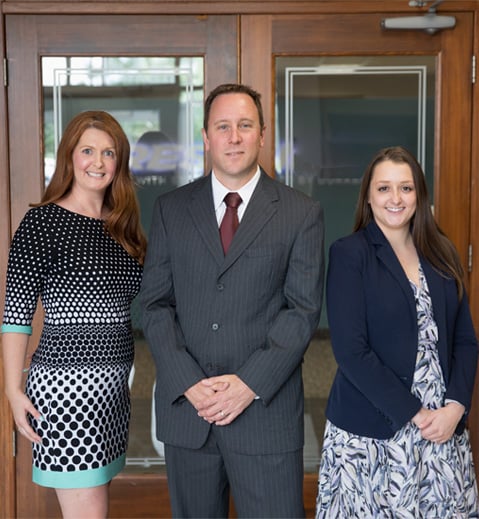Child custody can turn into a bitter fight during a divorce. The aftermath, however, is not necessarily much better.
You may start to see changes in your children, and these may disturb you. They may start to pull away or find excuses to miss scheduled visitation, or they may not want to come over at all. You may wonder if this is normal, but upon further reading may find it is not. Parental alienation is a real problem, and if you see these three signs in your children, you may need help intervening.
1. Failure to communicate directly
When one parent refuses to communicate with the other, it is difficult to co-parent. If you notice that your ex will not speak to you even when it involves the children, you may want to ask for help. Perhaps you should suggest you do all communicating over text or email. This way, you have a record. Document every time you tried to speak and got no response.
2. Sending messages through the children
A parent who is angry and bitter post-divorce and who will not talk to the other parent directly usually resorts to using the children as a go-between. When you notice your children pass messages on more than one occasion, you may have to intervene or find an attorney who will. Allowing this to continue will only allow your ex to keep up the negative banter about you with your children.
3. False accusations of abuse or neglect
The biggest indicator of parental alienation syndrome involves false accusations about your behavior with the children. These may seem innocent at first, but over time they may blow up into abuse allegations. It is imperative that you do what you must to protect yourself and your children from these lies.
Parental alienation syndrome is often rooted in anger, jealousy and bitterness one parent has for the other. That negative feeling rubs off on the children either in one of the ways listed above and others. It is best to not badmouth your ex for any reason, especially in front of the children.


